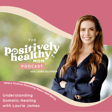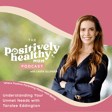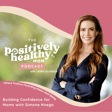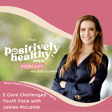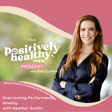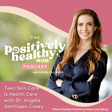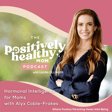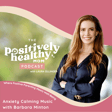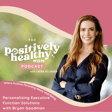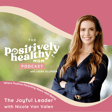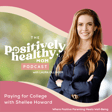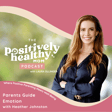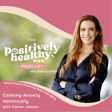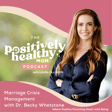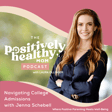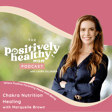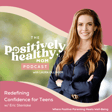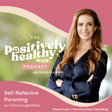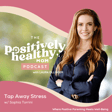
Thrive with ADHD
Welcome to The Positively Healthy Mom Podcast! I’m your host, Laura Olinger, and today, I’m thrilled to introduce Dana Kay, ADHD expert, board-certified health and nutrition practitioner, and CEO of the ADHD Thrive Institute. Dana is passionate about helping families with ADHD thrive naturally, and she’s here to share her inspiring journey and practical tips. 🌟
Dana’s personal story began when her son was diagnosed with ADHD at age 4. After struggling with medication and its side effects, she discovered the power of nutrition and the gut-brain connection. Through diet changes, her son went from struggling to thriving—medication-free! 💡
In this episode, Dana explains how simple dietary changes can reduce ADHD symptoms, why a “food-first” approach is essential, and how whole, nutritious foods can create a strong foundation for kids to succeed. She also shares actionable advice for busy parents and emphasizes that healing doesn’t have to be perfect to be effective. 🥗✨
Dana has worked with over 1,300 families, helping them find peace and balance while reducing ADHD symptoms naturally. Whether you’re looking for guidance or hope, this episode is packed with wisdom and empowerment. 🎧💬
Grab a cup of coffee, settle in, and join us for this transformative conversation with Dana Kay! 🧡
Positively Healthy Coaching
The Positively Healthy Mom FB Group
